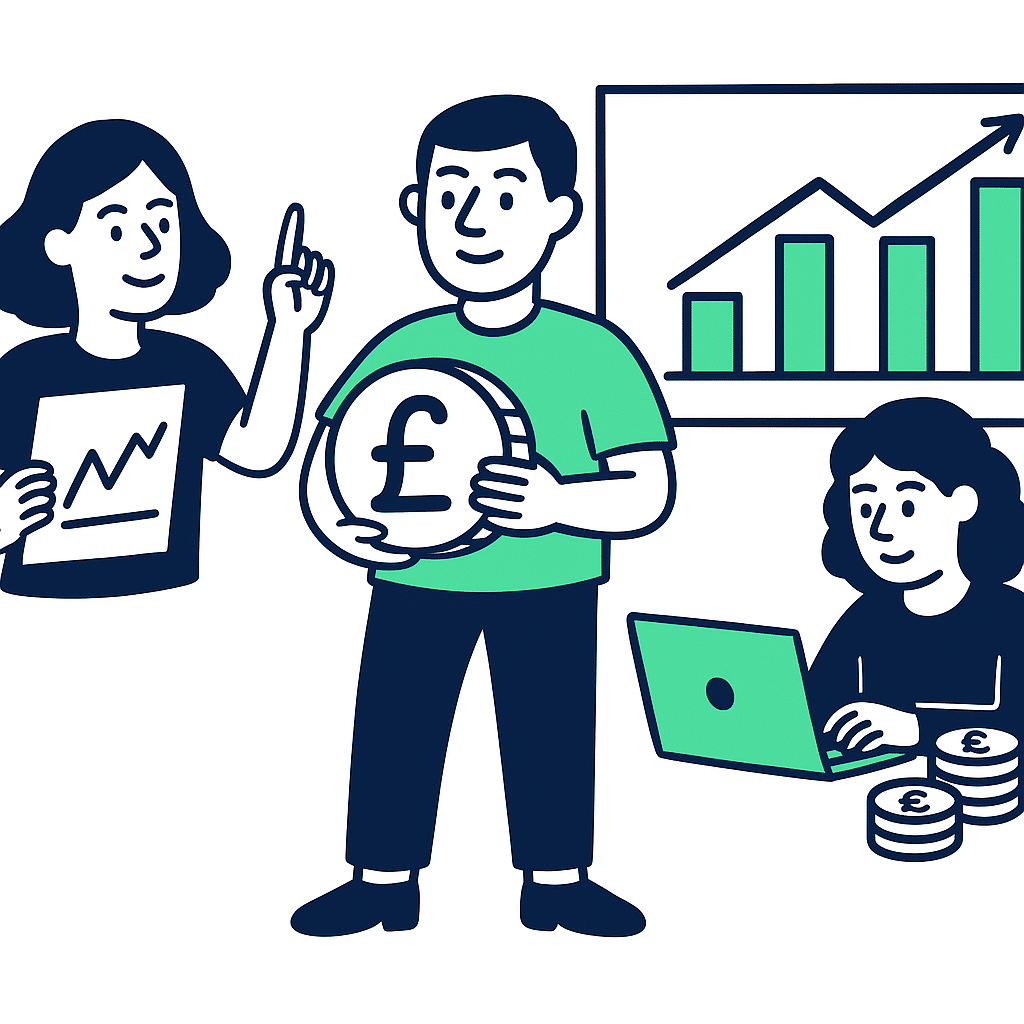Financial forecasting
No one can predict the future, but it is a skill to be able to create the next best thing; a reasonable forecast. It takes intelligence, insight and experience. We have all three of those.
Financial forecasting is an often overlooked tool in running a business and is only wheeled out when going for a loan or looking for investment.
This business tool has so many more applications and can really help management make informed strategic decisions way before you need a loan. In fact, if management used this more often – the need for a loan may not have even arisen in the first place.
Once they are set up, they are easy to update and they supply so much information… do you have one in place? If not, speak to us about getting your financial forecasting started.
Why Financial Forecasting Matters
Most businesses only turn to forecasting when applying for a loan or seeking investment.
But a professional financial forecasting helps you more than you can realise.
Why does financial forecasting matter?
Just a few examples to name:
- Make informed strategic decisions early
- Stay in control of cash flow and resources
- Plan for growth, hiring, or investment with confidence
- Avoid surprises before they become problems
WallsMan Creative’s experience shows that many funding gaps and financial headaches could be avoided entirely with proactive financial forecasting in place.
Financial forecasts you should be running
Financial forecasting is about using real numbers to make smart predictions.
It’s about understanding where your business is heading based on current trends, historical data, and realistic goals.
Unlike budgeting, which looks at what you want to happen, forecasting shows what’s likely to happen.
Not all finacial forecasts are created equal. These are the three every creative business should keep an eye on:
Revenue forecast
Project how much income your business will generate in the months ahead. Helps with setting goals, allocating resources, and tracking growth.
Cash flow forecast
See when money’s coming in and going out. Vital for avoiding those end-of-month surprises.See when money’s coming in and going out. Vital for avoiding those end-of-month surprises.
Cost forecast
Anticipate your operating costs, one-offs, and hidden expenses. This helps you plan for hiring, marketing, or new investments.
